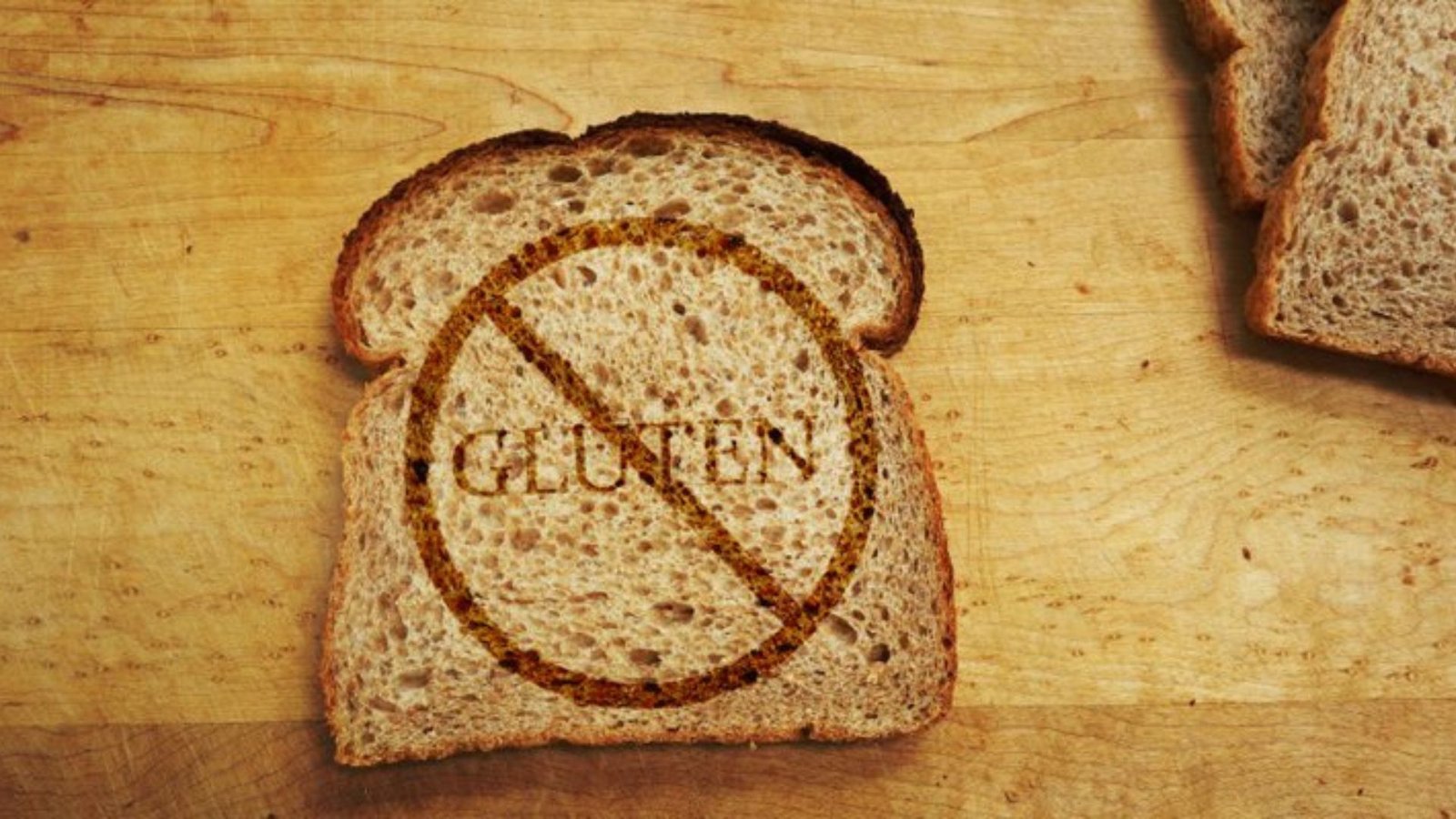Macronutrients are the building blocks of a balanced diet and play a crucial role in fueling your body, repairing tissues, and maintaining overall health. They consist of carbohydrates, proteins, and fats, each serving distinct purposes to help your body function optimally. In this guide, we break down these essential nutrients and explain why they are vital for your well-being.
What Are Macronutrients?
Macronutrients are nutrients that your body requires in large amounts to sustain energy and perform vital processes. Unlike micronutrients (vitamins and minerals), macronutrients provide calories, which are the energy source for your body.
- Carbohydrates: 4 calories per gram
- Proteins: 4 calories per gram
- Fats: 9 calories per gram
Let’s explore the role of each macronutrient in detail.
1. Carbohydrates: Your Body’s Main Energy Source
Carbohydrates are the primary source of energy for your body and brain. When you consume carbs, they are broken down into glucose, which is used for immediate energy or stored as glycogen in your muscles and liver.
Why Are Carbs Important?
- Energy Production: Carbs fuel physical activity and brain function.
- Exercise Performance: Athletes rely on carbs for endurance and strength.
- Preventing Fatigue: Lack of carbs can lead to energy dips and brain fog.
Types of Carbohydrates
- Simple Carbs:
- Provide quick energy but lack essential nutrients.
- Examples: Candy, soda, pastries.
- Complex Carbs:
- Digest slowly and provide sustained energy.
- Examples: Whole grains, vegetables, legumes.
Healthy Carbs to Include in Your Diet:
- Brown rice
- Sweet potatoes
- Quinoa
- Oats
- Leafy greens

2. Proteins: The Building Blocks of Life
Proteins are essential for building and repairing tissues, producing enzymes and hormones, and supporting immune function. They are made up of amino acids, some of which your body cannot produce on its own (essential amino acids).
Why Is Protein Important?
- Muscle Growth and Repair: Crucial for athletes, bodybuilders, and recovery from injuries.
- Enzyme Production: Proteins help catalyze biochemical reactions in the body.
- Satiety: High-protein foods keep you full for longer, aiding in weight management.
Sources of Protein
- Animal-Based: Chicken, fish, eggs, dairy products.
- Plant-Based: Lentils, chickpeas, tofu, quinoa, nuts.
How Much Protein Do You Need?
The recommended daily intake of protein is approximately 0.8 grams per kilogram of body weight, but active individuals may require more.
Healthy Protein Options:
- Grilled chicken breast
- Salmon
- Greek yogurt
- Lentils and beans
- Tofu and tempeh
3. Fats: Essential for Energy and Cell Health
Fats often get a bad reputation, but they are essential for energy storage, hormone production, and cell health. They also help absorb fat-soluble vitamins (A, D, E, and K).
Why Are Fats Important?
- Energy Reserve: Fats provide long-term energy during rest or prolonged activity.
- Brain Health: Healthy fats, like omega-3 fatty acids, support brain function.
- Cellular Structure: Fats maintain cell membranes and protect organs.
Types of Fats
- Healthy Fats (Unsaturated):
- Found in plants and fish.
- Examples: Avocados, olive oil, nuts, seeds, salmon.
- Unhealthy Fats (Trans Fats and Saturated Fats):
- Linked to heart disease when consumed in excess.
- Examples: Processed foods, fried foods, margarine.
Healthy Fat Options to Add to Your Diet:
- Avocados
- Olive oil
- Fatty fish (salmon, mackerel)
- Chia seeds and flaxseeds
- Almonds and walnuts
How to Balance Macronutrients in Your Diet
To optimize your health, aim for a balanced intake of all three macronutrients. Here’s a general breakdown:
- Carbs: 45–65% of daily calories
- Proteins: 10–35% of daily calories
- Fats: 20–35% of daily calories
Sample Balanced Meal
- Grilled salmon (protein and healthy fats)
- Quinoa (complex carbs)
- Steamed spinach and broccoli (nutrients and fiber)
- Drizzle of olive oil (healthy fat)
Conclusion
Carbohydrates, proteins, and fats each play a unique and essential role in maintaining your health. By understanding the function of macronutrients and including them in balanced proportions, you can fuel your body effectively, maintain energy, and support long-term well-being.
Start by making small changes—focus on whole grains, lean proteins, and healthy fats—and watch how your energy and health improve.











